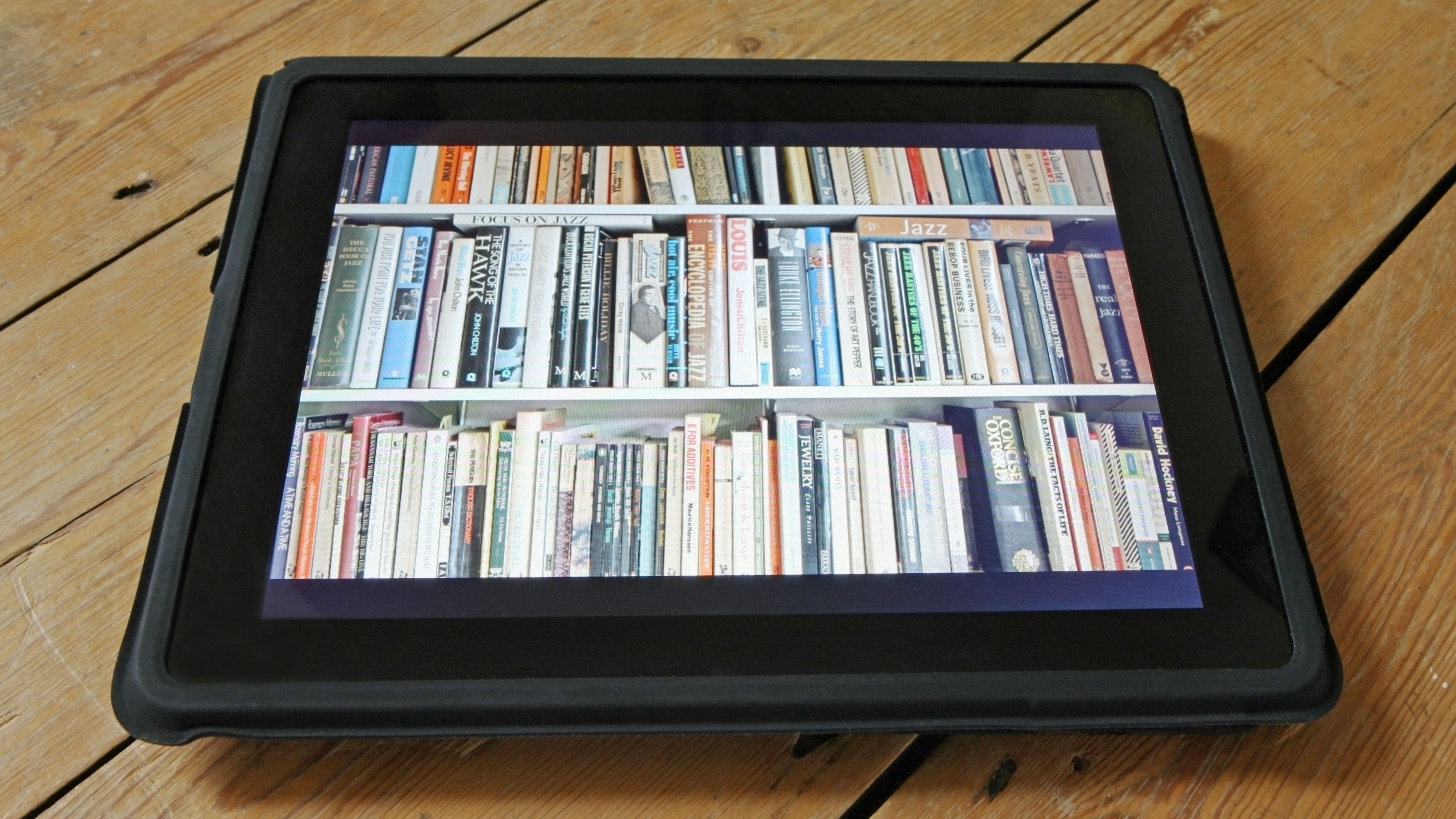Penguin and Random House merge to take on digital giants
Pearson and German media group Bertelsmann agree to merge their Penguin and Random House businesses to tackle the challenge of digital publishing. But can the companies reconcile their wartime pasts?
Pearson PLC will merge Penguin books with Random House, owned by German media company Bertelsmann, in an all-share deal that ends News Corp’s hopes of taking control of Penguin.
The merger is seen as a response to the challenges of a rapidly changing market, with online retailer Amazon now selling 114 ebooks for every 100 printed books.
A joint statement from the two companies places heavy emphasis on digital publishing and bookselling, which it calls a “dramatic industry transformation”.
The newly created joint venture will bring together Charles Dickens with writers like 50 Shades of Grey author EL James, and has been dubbed “Random Penguin” by Twitter users.
‘Random Penguin’
Penguin started a paperback revolution after it was founded in the UK in 1935 by Sir Allen Lane, helping to bring contemporary fiction to the masses.
Today Penguin has more than 5,000 titles in print at any time, and boasts of being the first trade publisher to have a website and open an e-book store.
However, the company recorded a steep operating profit fall for the first half of this year and has noted that the publishing industry is now characterised by dramatic growth in digital sales, self-publishing and pressure on high street booksellers.
Physical book sales are down 0.4 per cent year on year while digital fiction is currently up 188 per cent, leaving bookshops struggling to keep up with online rivals, according to the Publishers Association.
The merger will allow the companies greater strength in negotiations with Amazon and a good position in emerging digital markets in India, Brazil and China.
Digital future
Marjorie Scardino, chief executive of Pearson, has emphasised the company’s digital future explaining that together the two publishers will be able to “share a large part of their costs”.
She added that they companies can now be “more adventurous in trying new models in this exciting, fast-moving world of digital books and digital readers”.
Bertelsmann CEO Thomas Rabe claimed the merger would enable them to publish more effectively across “traditional and emerging formats and distribution channels”.
“It will build on our publishing tradition, offering an extraordinary diversity of publishing opportunities for authors, agents, booksellers, and readers, together with unequalled support and resources.”

Bertelsmann’s Nazi past
The move may prove uncomfortable for some Penguin writers - Bertelsmann has previously admitted to lying about its Nazi past.
A commission set up by the firm found Bertelsmann supplied millions of anti-Semitic texts to Hitler's Nazi party and made indirect use of Jewish slave labour.
The company was shut down by the Nazis in 1944 because of war shortages - not for printing subversive texts, as they had claimed.
Then head of the company Heinrich Mohn also made donations to the SS but never joined the Nazi party. They were the biggest publisher for the Nazi forces during World War II, producing 19 million books.
The company was re-founded in 1947 by Reinhard Mohn, a member of the Bertelsmann family.
Bertelsmann have since apologised for their wartime activities and "false corporate history" saying their past values are irreconcilable with the company today.
In the UK Penguin was integral to the war effort producing best-selling manuals such as "Keeping Poultry and Rabbits on Scraps" and "Aircraft Recognition" as well as supplying books for the services and POWs.
E-book revolution
The rise of e-books has had a large impact on the world of traditional publishers with Amazon, Apple and Google redefining the industry’s landscape.
Amazon dominates the UK digital publishing market and is reported to sell 90 per cent of all e-books here and 70 per cent worldwide, via its Kindle reader.
The company is reported to have generated more than £3.3bn of sales from its UK website in 2011, making it the UK’s most popular retail website, but refuses to release audited figures for digital book sales.
Apple has been working to take a share of the digital market offering the iPad as an alternative to the Kindle and taking 30 per cent of the proceeds of all book sales from publishers.
Of the top 10 most popular Kindle authors of 2012 three were published by Amazon’s own Kindle Direct Publishing, posing a direct challenge to traditional publishing models.
Shared venture
Under the new merger Bertelsmann will own 53 per cent of the venture and have five directors to the board, Pearson will own 47 per cent and nominate four directors. Conditions dictate that both must retain their share of the venture for at least three years.
Regulatory hurdles could also become an issue for the merger, which will create a joint market share of 25 per cent in the United States and Britain.
Random House reported revenues of £1.48bn in 2011 with an operating profit of £161m, while Penguin had revenues of £1bn and a profit of £111m.
Pearson is expecting a growth in sales and operating profits for 2012, at Penguin sales are down 1 per cent compared to 2011 but ebook revenue is up 35 per cent on 2011 in the third quarter.
News Corp, owner of publishing giant Harper Collins, had expressed an interest in buying Penguin for £1bn in cash.